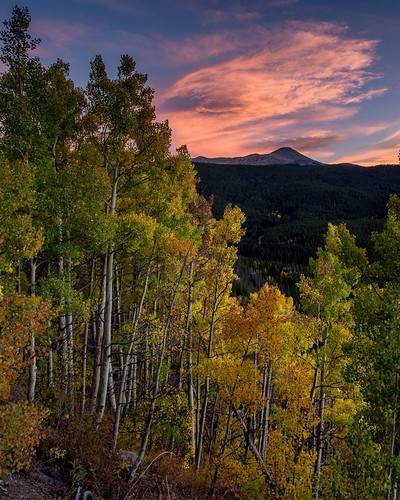Like a lot of folks, I tend like a specific herald from my favorite railroad. But is it worth buying a version of it to keep? If so, how many are enough?
A railroad herald identifies the railroad company just like logos do today. They are a seal and a promise, if the railroad is run with precision and pride; a warning and a refusal if not. But for those who remember the railroads of yesterday, they're a way of recalling those memories, a symbol of what they miss and appreciate.
When shopping online, there are a lot of variables one can't really account for unless one knows the product or at least knows the retailer well enough to hazard a purchase. Everyone I know has at least one story of ordering something that just didn't turn out as advertised. I make use of product reviews now almost without exception. But in shopping for railroad gear, finding the reviews are sometimes futile and almost always don't tell you what you want to know. That's brings me to a very direct point. If you
ever want to ask about a product I've reviewed or anything else, comment in and ask. I allow anonymous comments to make it easy for you. If nothing else,
email me directly and I'll do my best to find it in my inbox and answer.
So, I like my railroad, and I wanted to add some personality to my home and possibly my future layout. A herald can do that. I also wanted to signal friends and acquaintances that might like the railroad as well. I kept my eyes peeled and, although I had found one at a museum, it was a particleboard back and I wanted something more durable.

In 2001, I took advantage of a last minute invitation Memorial Day weekend to drive with my then-5 year-old daughter to Durango to ride the Silverton train. Very good memories from that trip still warm my heart. The day before our trip, we hit the gift shop and I found the Rio Grande Main Line Thru the Rockies sign hanging above the checkout. It surprises me to admit it, but it meant something to be able to buy that sign in the same building that had doubtless held General Palmer and so many other railroad men and women over the years.
I was surprised when I took it down to feel how heavy it was. The sign was not aluminum or wood. It was a gauge of steel much heavier than the ventilation ducts and other materials I'd handled over the years. The grommets were mounted in holes that would accommodate most fasteners, and the porcelain meant to me that it would last for years without worrying about fading ink from sunlight or expanding particle board from water. It's held up this far and will likely outlast my lifetime, as far as I can tell. If you're a fan of a special railroad, it's worth showing off a little. You never know when you'll meet another railfan!
I wrote a
review a year ago at Schrader's
railroadcatalog.com site. It isn't the only place you can get the same porcelain herald, but it's one place I trust. My only wish is to be able to get more than one size. Between 150 - 200% larger would fit nicely as a centerpiece to some photographs.
As far as how many are enough, I know I won't get sick of looking at it anytime soon. So as many as you--or your family--can stand!◊















